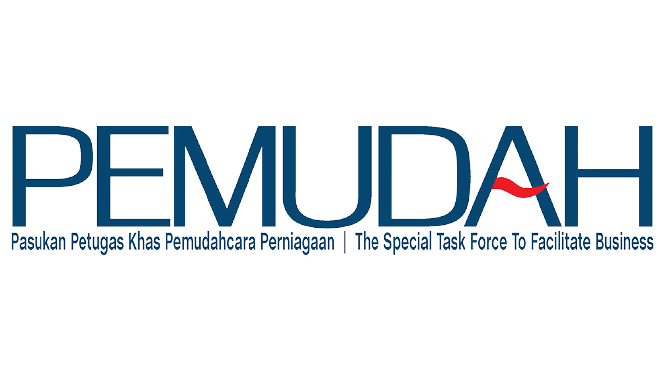
Technical Working Group on Business Insolvency
(TWGBI)
About
Technical Working Group (TWG) on Business Insolvency typically consists of experts who collaborate to tackle various aspects of business insolvency. This could include legal professionals, economists, financial analysts, and industry specialists. The TWG focuses on understanding and addressing the challenges faced by businesses experiencing financial distress or insolvency. They work towards developing effective strategies, frameworks, and recommendations to mitigate the impact of insolvency on both businesses and the economy.
These experts delve into bankruptcy laws, debt restructuring, liquidation processes, and potential solutions to help struggling businesses recover and thrive. By examining case studies, analyzing market trends, and considering international best practices, the TWG aims to provide comprehensive insights and actionable strategies to support businesses in times of financial difficulties.
Overall, the TWG on business insolvency plays a vital role in shaping policies, regulations, and frameworks that promote economic stability, protect creditors' rights, and foster an environment conducive to business rescue and recovery.

Improvement Projects
-
Shifting rising of food costs to the technology
The fluctuation in the prices of food is a market norm. The rise in food prices was induced by the rise in prices of inputs such as petrol & diesal, fertilisers, chemicals, land, labour and machinery. Although the government protects the prices of petrol and diesel, the price of fertilisers had risen by 70 per cent within the last two years and wages had also gone up.
Benchmark from the neighborhood countries such as Taiwan, Korea and Thailand, the most possible solution to tackle the rising of food cost was technology. Technology can help in terms of cost effectiveness, productivity, and high added value.
-
Making Industry Accountable for Productivity
The economic sectors mainly comprise a high number of small players.
Therefore, the market is highly fragmented, and individual enterprises lack economies of scale to deliver high value-added products and services.
The government provide incentives to enterprises to upgrade themselves, but these incentives do not necessarily function as levers to boost productivity
Co Chair of TWG Food Cost
-

Prof.Emerita Tan Sri Dato’ Seri Dr. Sharifah Hapsah Syed Hasan Shahabudin
Chairman of National Council of Women's Organisations Malaysia (NCWO)
-

Mr. Azman Mohd Yusof
Secretary General
Ministry of Domestic Trade and Cost of Living
Members of TWG Food Cost
-

Professor Datuk Dr. Mad Nasir Samsudin
Fellow at Department of Agribusiness & Bioresource Economics, Faculty of Agriculture, Universiti Putra Malaysia (UPM)
-

Datuk Jeffrey Ng
Federation of Livestock Farmers Associations of Malaysia
-
Professor Dr Zalilah Mohd Sharif
Dean , School of Graduate Business, Universiti Putra Malaysia (UPM)
-

Dr. Sarena Che Omar
Deputy Director of Research,
Khazanah Research Institute (KRI)
-

Mrs. Marianis Md Din
Senior Assistant Secretary
Ministry of Agriculture and Food Security (MAFS)
-

Mrs. Khairul Zarina Mohd Yusop
Science Officer
Ministry of Health (MOH)
-

Mrs. Fuziah Md Amin
Director Agriculture and Environment Statistic Division
Department of Statistic Malaysia (DOSM)
-

Mr. Atan Sapian
Head Secretariate of National Action Council on Cost of Living (NACCOL), KPDNHEP
-

Dr. M Hisham Fariz
Veterinary Officer
Department of Veterinary Services
-

Mr. Abd Razak Aya
Head of Integrated Farming of FGV Holdings Berhad.

